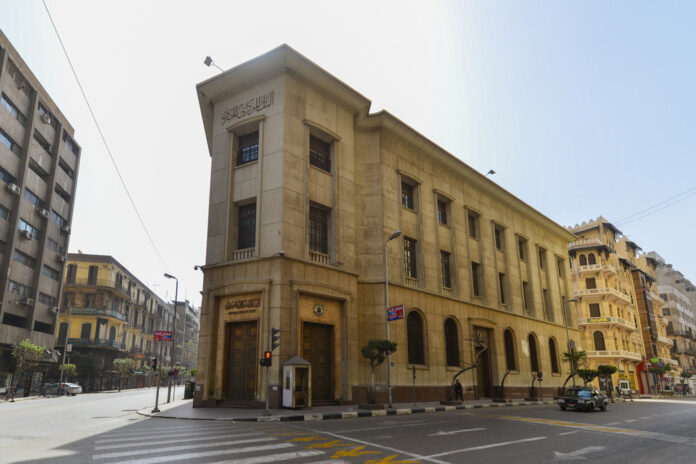The International Monetary Fund (IMF) is expecting Egyptian authorities to switch to a flexible exchange rate after a requirement to finance imports through letters of credit is phased out at the end of December, a senior official said Monday.
“We know that the central bank has not intervened to inject reserves into the foreign exchange market since we reached a staff-level agreement. But we also know that the backlog of imports has not been cleared,” Ivanna Vladkova Hollar, the IMF mission chief for Egypt said in an interview with Reuters.
Last week, the IMF’s executive board approved a deal that will provide a $3 billion support package to Egypt for almost four years, an agreement that is expected to draw in an additional $14 billion in financing for the North African country.
The financial support package for Egypt will introduce wide-sweeping economic reforms, including a “durable shift to a flexible exchange rate regime” and a “monetary policy aimed at gradually reducing inflation.”
IMF Managing Director Kristalina Georgieva said that Egypt’s exchange-rate plan, together with the upfront tightening of monetary policy and improvements to the social safety net “are welcome steps.”
The Egyptian economy has been hard-hit by the pandemic and the war in Ukraine, events that have played havoc with global markets and hiked commodities prices worldwide. Egypt devalued its currency in March and then again by 18% in late October.




